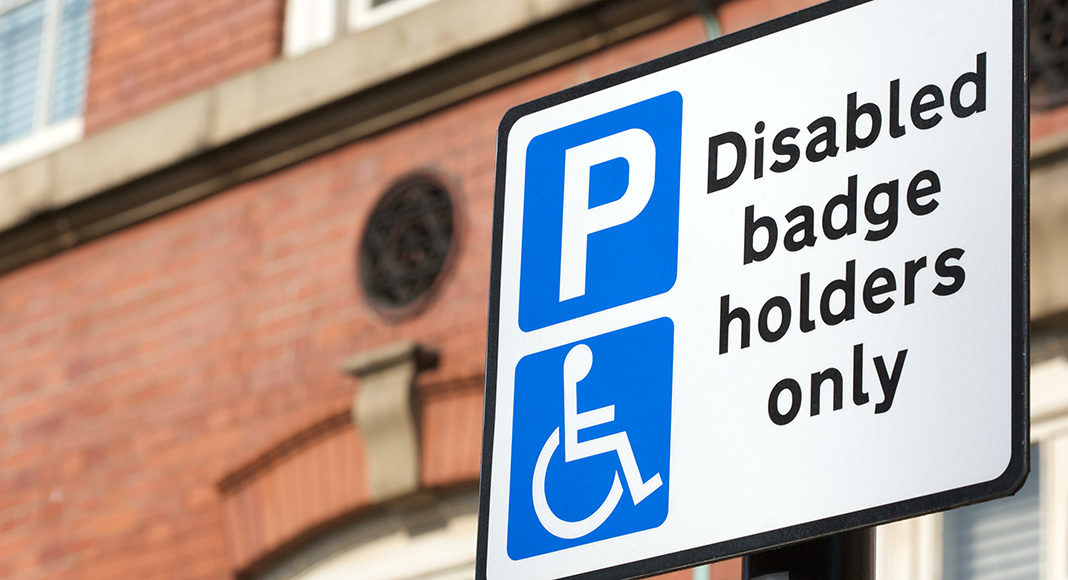An extension to the “Blue Badge” scheme has come into force in England to help make travel easier for people with a non-visible disability.
The Department for Transport (DfT) has issued new guidance to councils in England on Blue Badge parking permit eligibility, along with a new online eligibility checker to make the scheme clearer for people before they apply.
This is the biggest change to Blue Badges since the 1970s. The eligibility criteria now includes people who cannot walk as part of a journey without considerable psychological distress or the risk of serious harm.
“We know that for some people, the possibility of not being able to find a parking space can make even leaving the house a challenge, which is why the Blue Badge is so important,” said Transport Secretary Grant Shapps. “The scheme, which is already a lifeline for so many disabled people, will make a huge difference to those with non-visible conditions such as autism, dementia, Parkinson’s and arthritis. It is my sincere wish that these changes will improve even more people’s lives.”
The Blue Badge scheme already means people with physical disabilities can park closer to their destination than other drivers, as they are less able to take public transport or walk longer distances. The extension of the scheme is part of the government’s drive for greater parity between physical and mental health.
“Today is a pivotal moment for thousands of people with hidden disabilities across the country, many of whom face unacceptable discrimination or even abuse when using disabled parking spaces,” said Minister for Disabled People, Justin Tomlinson said. “The changes we’re making will be life-changing for these disabled people, allowing them to go about their daily lives without experiencing unnecessary stress or worry.”



















